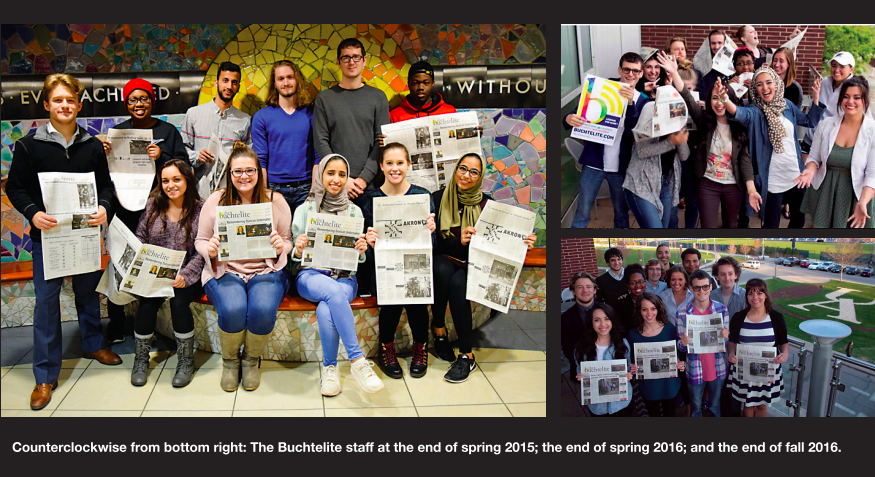” That time of year has come yet again. After a month of being home, visiting family and friends, working a winter job and getting ridiculously drunk on New Year’s Eve, another semester begins anew. It’s now time for walking five miles to class in the snow, uphill both ways, in freezing temperatures and then paying attention.”
“
That time of year has come yet again. After a month of being home, visiting family and friends, working a winter job and getting ridiculously drunk on New Year’s Eve, another semester begins anew.
It’s now time for walking five miles to class in the snow, uphill both ways, in freezing temperatures and then paying attention. Add to that the actual work of studying and writing papers, taking tests and doing projects, balancing a college career with a job and some semblance of a social life and don’t forget to throw in a dash of financial sodomy.
You read that correctly: financial sodomy. It’s not referring to the cost of tuition, which has been frozen at its current rate for two years to enable the University of Akron to be eligible for increased state funding. Nor does it refer to the cost of on-campus housing, outrageous as it may be when compared to an apartment off-campus: $3400 for four months at Exchange Street and Quaker Square? Ouch.
The local bookstores are the source of that pain in our nether-regions. That’s referring to your wallet, of course. The university is the innocent one this time.
We all know the routine: go to bookstore, print schedule, hand schedule to clerk, clerk rings up books, cringe in pain at the total and shed a tear as you hand over your credit card. Repeat next semester.
The formula for determining the price of a used book eludes us, but we can all be sure that it doesn’t make any sense simply by being its victims. How can a book that’s been used for six semesters straight and subsequently sold back to the bookstore each time still have a price tag of $120?
How much of a profit are the bookstores making, exactly? The inventory has already been paid for when the bookstore bought the book new, so each time that book is resold past the first time, it’s pure profit. Consider this: a bookstore pays a one time cost to acquire the new book, but they get to sell it multiple times, recovering their cost time and time again. Portfolio managers would die to have that kind of return on investment. Sure, they’ll give you some money at the end of the semester to make you feel a bit better, but it’s merely a fraction of how much money that book brings in.
The University of Akron tells new students to expect to spend between $200-$500 on books for a semester. Of course, this all depends on your major and how far into your college career you’re getting.
Seniors are going to spend more than sophomores, and accounting and nursing majors are going to spend more than political science and health and fitness majors (in general).
Towards the end of some majors (cough accounting cough), you can expect to spend between $600 if you get lucky with used books and $800 for new books.
Break open that piggy bank, dip into that nest egg you managed to accumulate from your winter job, beg and plead with parents, sell your (or someone else’s) possessions or just steal them outright, because you need those books.
There are solutions for those of us with enough foresight to plan for situations like this, however. By going online to websites such as Half.com, Buy.com and eBay.com, you can usually find books for about half the price of what the bookstores charge. Just be sure it’s the right book. Facebook’s marketplace also has a bunch of books being sold by fellow students in the area.
If you know someone taking a class that you have to take next semester, convince them to wait to sell it back so you can borrow it. Then offer to loan your books to others in the semesters to come. After all, everyone has to bear this burden, so why not help each other out?
If everyone saved their books and loaned them to people they know and trust, the bookstores would have less demand, and prices may drop. Then we wouldn’t cry when we see our credit card bills.
“












